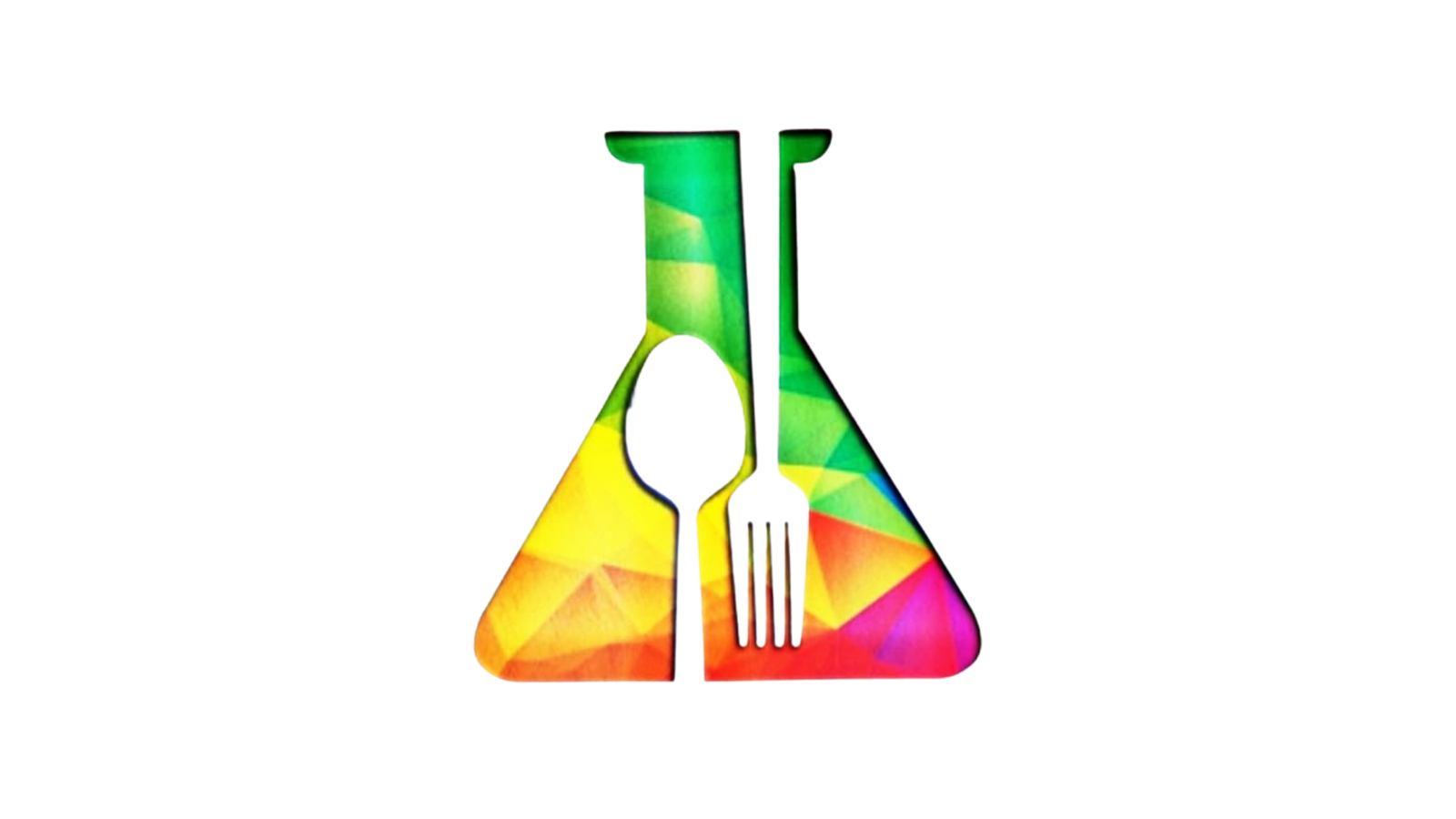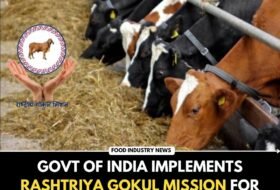Nearly 12% of spice samples tested by Indian authorities have failed to meet quality and safety standards, according to data obtained by Reuters. The alarming figures have emerged in the wake of increased scrutiny of Indian spice exports following contamination concerns in two of the country’s most popular brands, MDH and Everest.
The Food Safety and Standards Authority of India (FSSAI) launched a nationwide inspection and testing campaign in response to the suspension of certain MDH and Everest spice blends in Hong Kong earlier this year. In April, Hong Kong’s food safety authorities took the drastic step of halting sales of these products after detecting dangerously high levels of a pesticide, triggering a wave of concern over the safety of Indian spices in global markets.
FSSAI’s inspection focused on mixed spice blends, a category commonly used in Indian households and exported worldwide. The agency collected and analyzed samples from various regions across the country to assess compliance with food safety regulations. The results have raised serious concerns, with nearly 12% of the samples failing to meet the established quality and safety criteria.
Global Implications
The findings have significant implications, not just for domestic consumers but also for India’s position as one of the world’s largest spice exporters. Spices from India are a staple in kitchens around the globe, and any doubts about their safety could damage the country’s reputation in the international market. “India is known as the spice capital of the world, and this data is troubling,” said an industry expert. “The trust in Indian spices has been built over centuries, but incidents like this can erode that trust quickly.”
Industry Response
The spice industry is under increasing pressure to tighten quality control measures and ensure that products meet both domestic and international safety standards. In response to the findings, FSSAI has announced plans to intensify inspections and enforcement actions against manufacturers that fail to comply with regulations. MDH and Everest, two of the most recognized names in the Indian spice industry, have also come under fire. Both companies have vowed to cooperate fully with authorities and take immediate steps to address any safety concerns in their products.
Consumer Impact
For Indian consumers, the news is a stark reminder of the importance of food safety. With spices being an integral part of Indian cuisine, ensuring that these products are safe for consumption is crucial. “People need to be able to trust the spices they use every day,” said a representative from a consumer rights group. “The findings of these tests should prompt immediate corrective action to protect public health.”
Moving Forward
As the investigation continues, FSSAI is expected to roll out more stringent regulations and guidelines for the spice industry. The authority is also likely to increase its oversight of the production process to prevent future violations and ensure that Indian spices meet the highest standards of quality and safety. The revelations have prompted calls for greater transparency in the industry, with experts advocating for regular testing and public reporting of safety data. As the global demand for Indian spices continues to grow, ensuring their safety and quality will be paramount to maintaining consumer trust both at home and abroad.
🔊 Be Aware, We never charge any consultancy fee for jobs.
📲 Foodtech Network WhatsApp Jobs Group
🔗 WhatsApp Groups
📈 Food Entrepreneurs & Startups (Our services)
🔗 https://bit.ly/3JDyPIN























